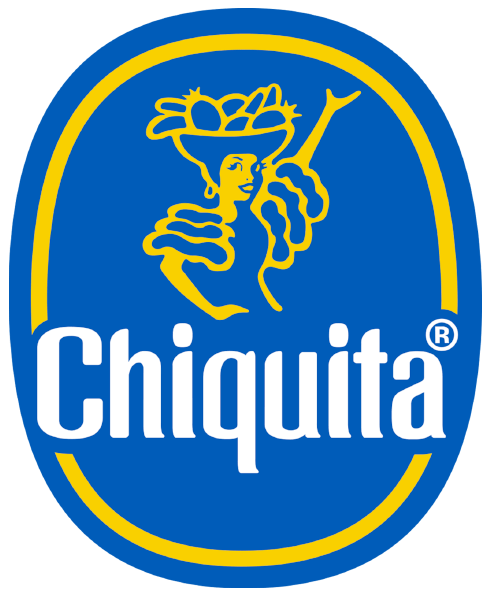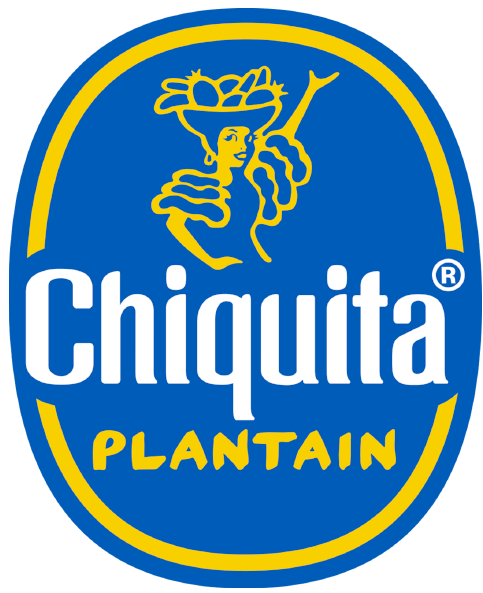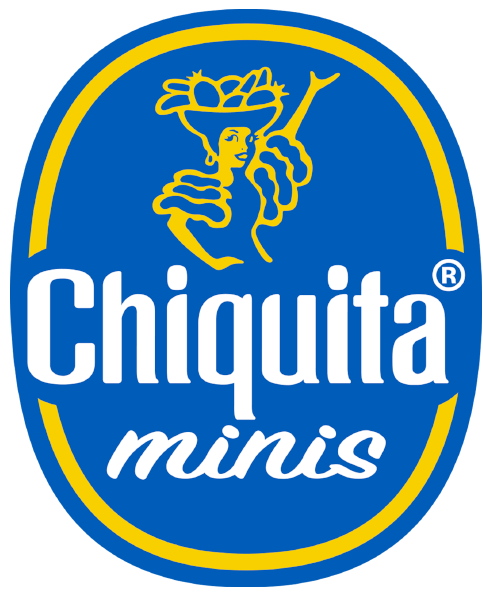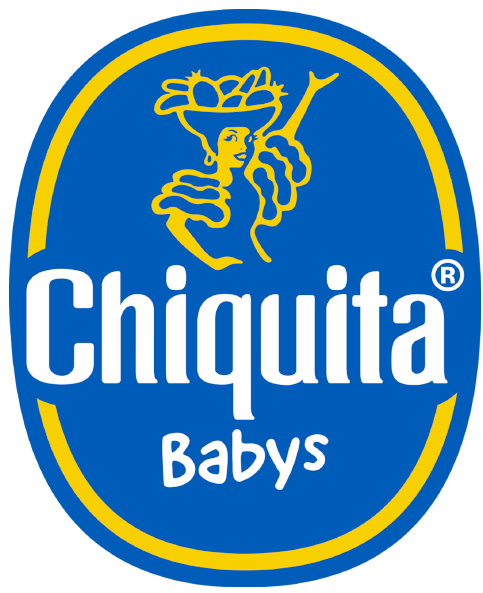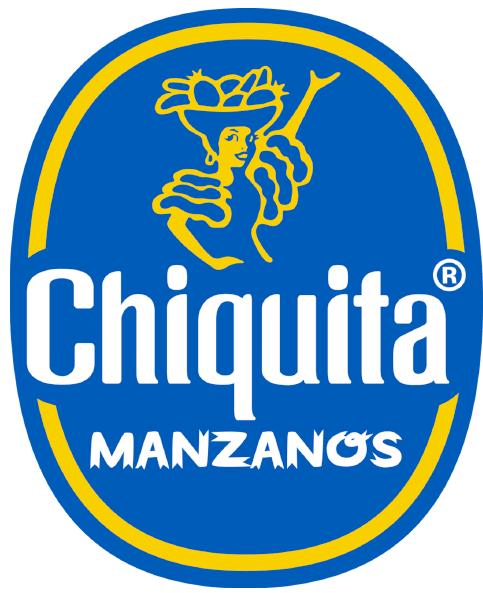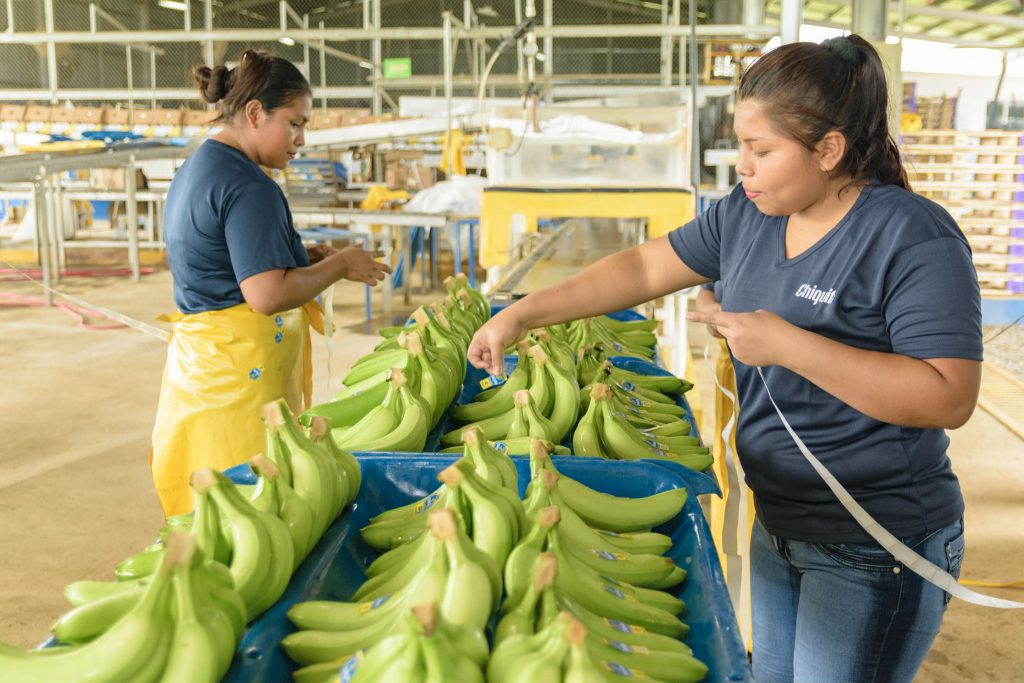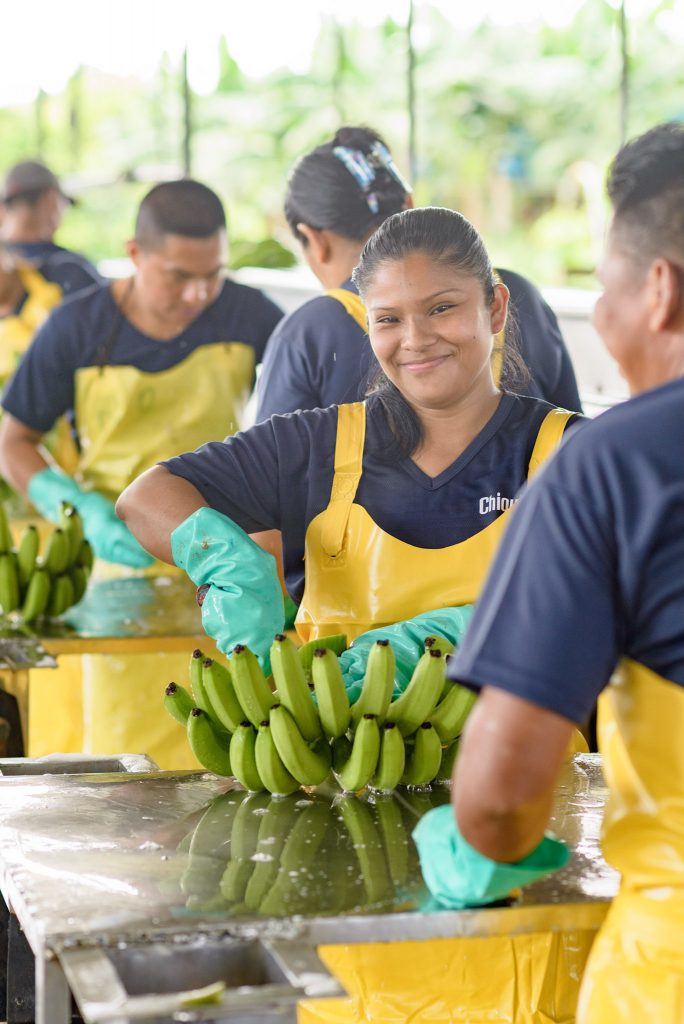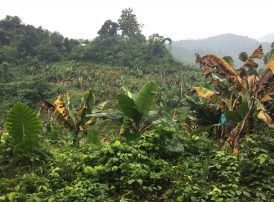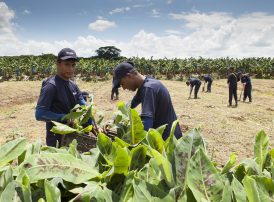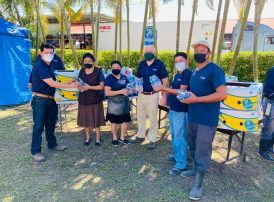Sustainability
Chiquita celebrates women empowerment
The global iconic brand Chiquita is highlighting its commitment to women empowerment at its banana farms in Latin America
On 8 March, International Women’s Day, iconic global banana brand Chiquita is highlighting its commitment to meeting the challenge of equality for women in the banana farms of Latin America.
On the plantations, a traditionally male-dominated, highly physical line of work in remote locations, women can be particularly vulnerable to violence, discrimination and intimidation. Chiquita has embraced the important challenge of promoting women’s rights and has developed guidelines, codes of conduct and tools to ensure incidents are eliminated as far as possible and that zero tolerance is shown to such acts.
Chiquita understands that it is crucial for all employees to be, and feel, safe and to benefit from the best possible working conditions without fear of suffering harassment. One of the company’s primary aims is to ensure that the voices of all its employees are heard, and that any concerns about inappropriate behavior can be freely expressed.
Chiquita’s safeguarding tools
To help achieve its goal of gender equality and empowerment of its female workforce, Chiquita has developed a range of unique tools to safeguard women’s rights and provide support to enable them to embrace opportunities.
Key among these is a dedicated helpline, available 24/7, 365 days a year, enabling employees to anonymously report any discrimination or harassment in a completely safe and supportive environment. Company representatives promote this from farm to farm so help can be provided and issues resolved as quickly as possible.
A 2001 IUF-Colsiba-Chiquita agreement on workers’ rights was strengthened in 2013 to specifically protect women’s rights, particularly their employment opportunities. The agreement annex provides an effective additional safeguard to Chiquita’s Collective Labor Agreement in Panama, Costa Rica, Honduras and now Guatemala, where it is currently being implemented.
The agreement is also the basis for an information and awareness campaign to advance women’s technical skills, rights, and health and safety, and is regularly reviewed by a dedicated committee to assess the application of the agreement.
Chiquita’s ongoing efforts
While Chiquita accepts that women remain under-represented across all tiers of its organization, the company is working hard to increase women’s participation, as exemplified by these 4 Chiquita women employees Mayra, Faustina, Elizabeth and Nives.
Mother of four Mayra Noelia Pereira was the first woman to operate mobile cranes in the Puerto Barrios Railroad Port Terminal, inspiring other women to become port operatives.
Agronomy graduate Faustina Madrid has worked her way up to the post of Farm Administrator with Chiquita, gaining new knowledge and abilities in the process.
Nives de Luca has worked with Chiquita since 2003 in several key posts. She is currently Port Manager in Oxnard, California, a vital outlet that supplies the West Coast of the US.
Elizabeth Vargas Hidalgo began her career with Chiquita as a farm worker and is now supervisor at the packing plant, helping her farm to achieve great results.
Pink Sticker campaign
Chiquita engagement for women is not stopping at the farms in the Tropical areas; the brand of the world-famous Miss Chiquita is also a strong supporter of the fight against breast cancer, the second most common cancer in women worldwide, representing about 25% of all cancer’s cases in women.
Chiquita’s Pink Sticker campaign supports Breast Cancer Awareness Month, a campaign organized by breast cancer charities each October. Each year since 2017, during the month of October the color of the company’s iconic blue sticker has been changed to pink to help raise global awareness. Chiquita is also partnering every year with various associations like Pink Ribbon, American Cancer Society, Girls vs Cancer, etc. in its efforts to undertake research and support patients, survivors and caregivers.
